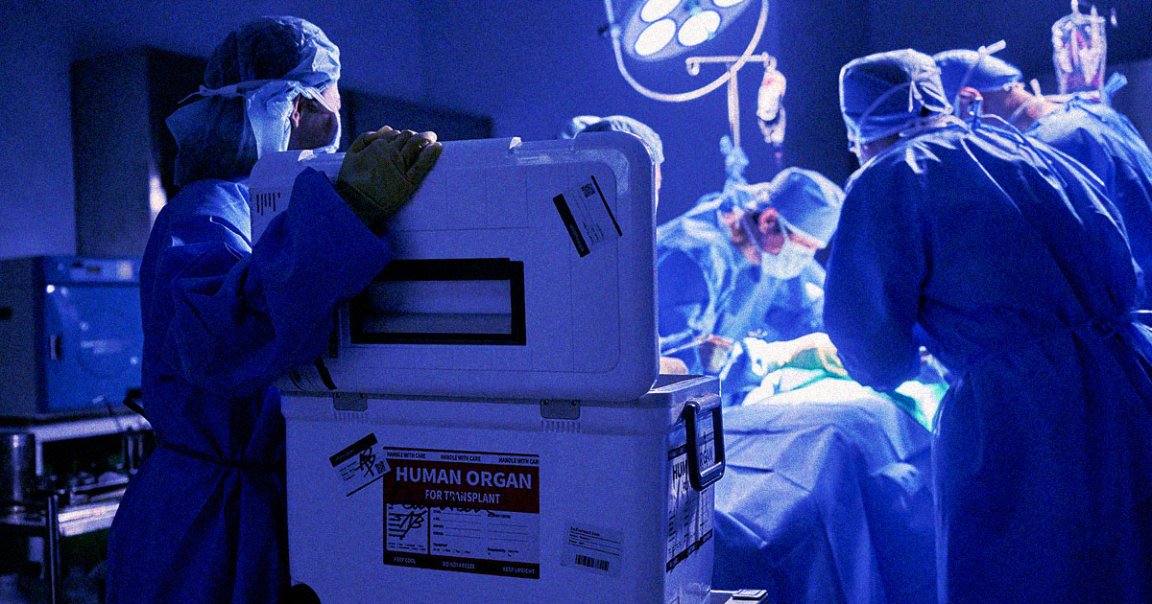
Two Democrat lawmakers in Massachusetts are proposing a bill that would allow inmates to donate organs or bone marrow for reduced prison sentences.
It’s an ethically dubious idea that has critics crying foul, pointing out that it’d be exploiting already vulnerable individuals for the medical benefit of others, the BBC reports.
The lawmakers argue that allowing prisoners to give up parts of their bodies would “restore” their “bodily autonomy” while easing an organ shortage crisis. According to the report, almost 5,000 people living in the state are on an organ transplant waiting list.
Not every inmate would be automatically allowed to donate a kidney or lung. According to the bill, a committee first chooses the inmate based on their eligibility and need. A panel of medical experts and advocates would also be able to chime in.
Perhaps most shockingly, inmates who opted in after all that would only be able to shave off between two and 12 months of their sentence, and wouldn’t be financially compensated in any way.
State Representative Carlos González, one of the two lawmakers proposing the bill, was inspired by a close friend who’s in need of a kidney transplant.
“He’s a father of three children and is in stage 4 of kidney failure,” he told Boston.com. “I love my friend and I’m praying through this legislation that we can extend the chances of life for him and any other person in a similar life-or-death situation.”
González argued that there’s “no compelling reason to bar inmates” from being able to donate organs or bone marrow. “One of our goals is to provide information and education on the disproportionate number of Blacks and Latinos dying while waiting for donors,” he added.
Critics, however, immediately saw the proposed bill as ethically fraught.
“When I saw the bill, it just smacked as unethical and depraved,” Michael Cox, executive director of the prison abolition organization Black and Pink Massachusetts, told Boston.com. “And the reason is because it is unethical to sell organs; it is unethical to incentivize the selling of organs for very, very good reasons.”
“And so to incentivize the selling of your body parts in exchange for the most precious commodity in the world — which is time on this earth, and your freedom — was just so appalling,” Cox added.
“It seems like something out of a science fiction book or horror story,” Kevin Ring, president of the nonprofit organization Families Against Mandatory Minimums, told Insider.
“It’s just this sort of idea that we have this class of subhumans whose body parts [we] will harvest because they’re not like us or because they’re so desperate for freedom that they’d be willing to do this,” Ring added.
It’s still unclear if the bill will stand a chance of moving forward. But at least there’s one thing both González and his many critics can agree on: the incarcerated should have the freedom to donate bone marrow or organs if they chose to do so of their own free will.
But “you just can’t incentivize it,” Cox told Boston.com, “because it just goes down a bad path.”
READ MORE: Massachusetts prisoners who donate organs may get less prison time [BBC]
More on prisons: So Many People Die at Motorcycle Rallies That Organ Donations Spike